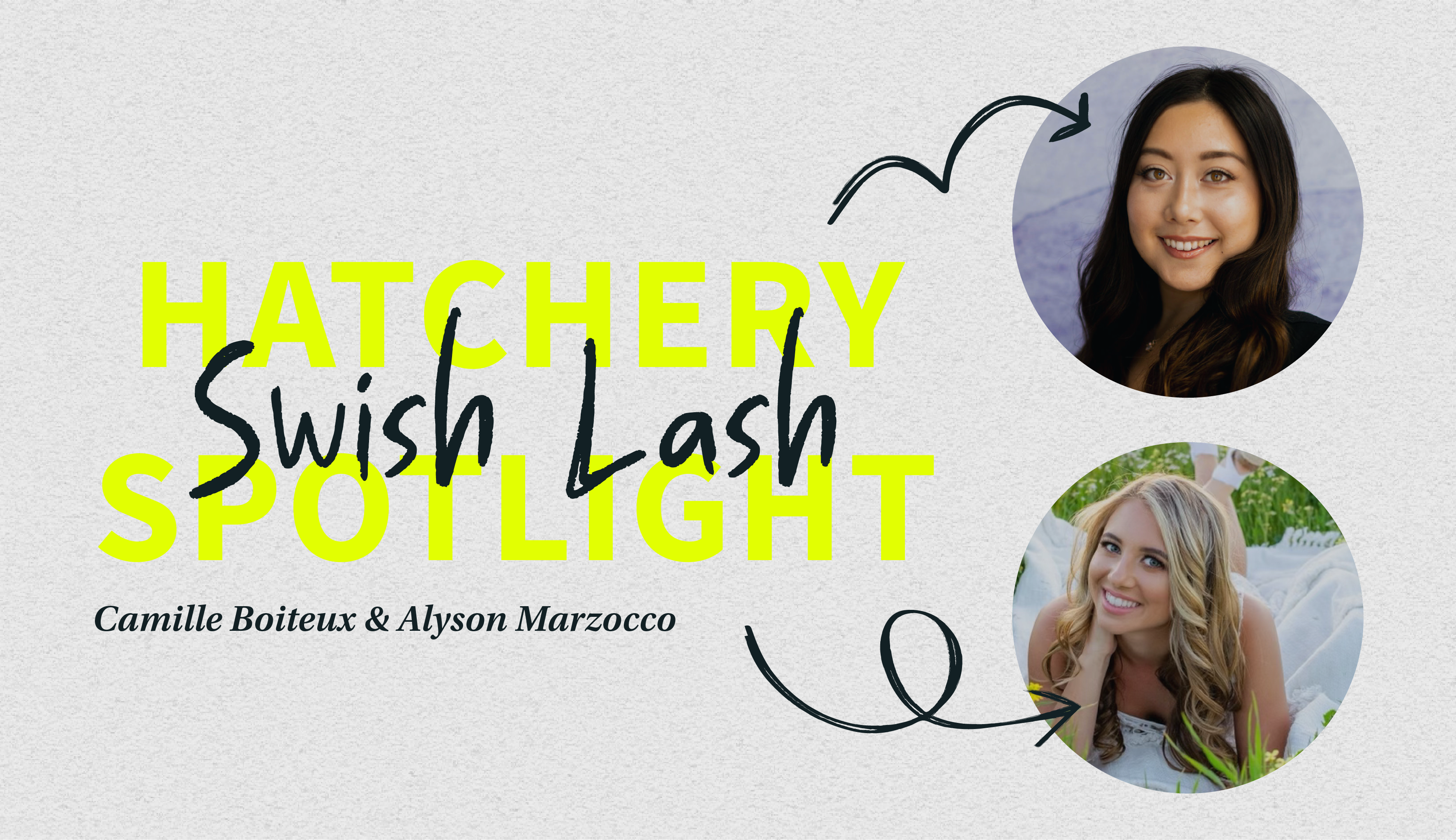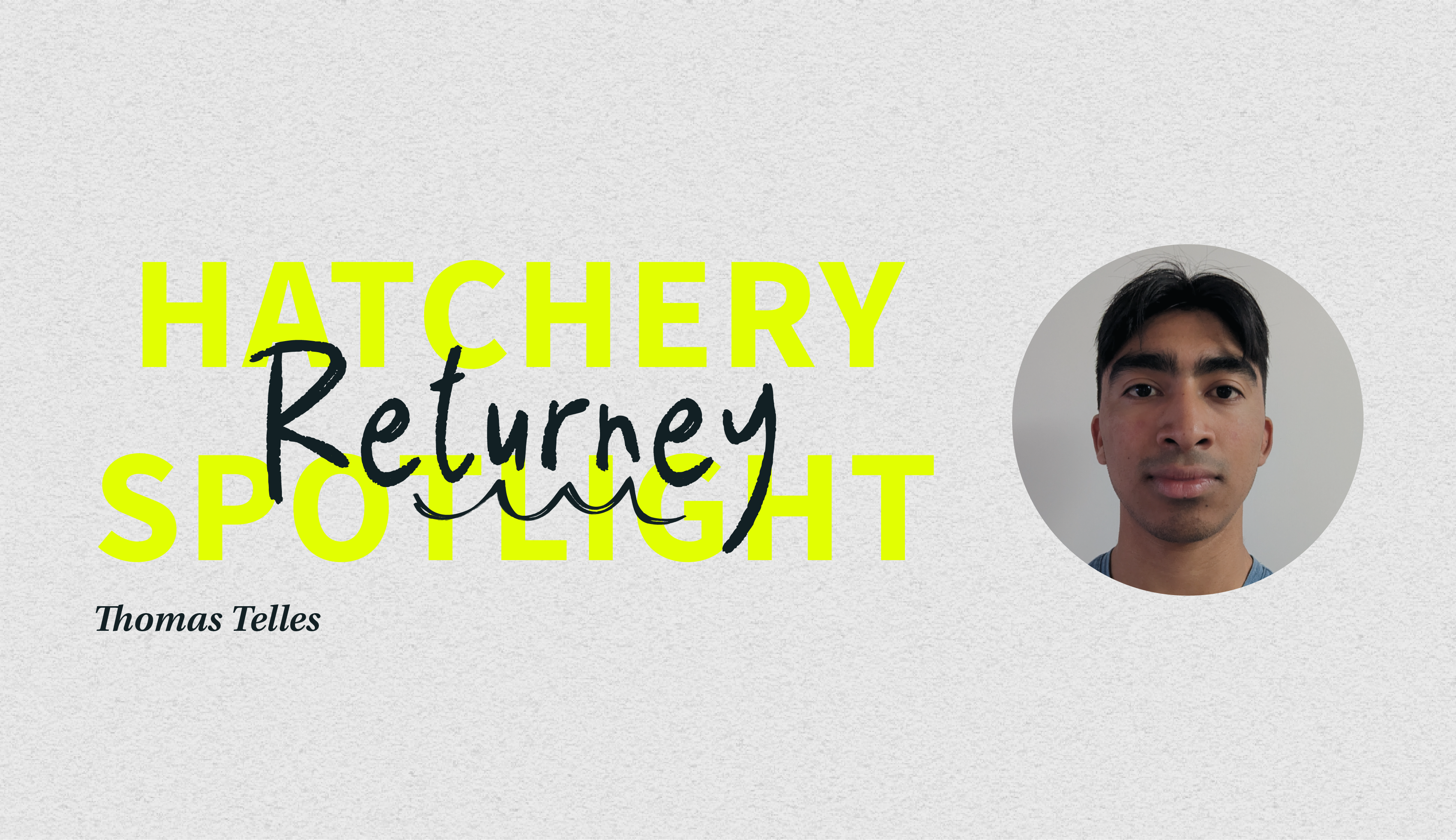Hatchery Spotlight: Central Coast Vintage

Starting as a small clothing pop-up in one of their grandma’s front yard, four Cal Poly students transformed their hobby into a full enterprise, with their very own store in Downtown San Luis Obispo.
Central Coast Vintage is a vintage clothing company that curates vintage clothing to provide college students with affordable fashion.
The idea for the startup originated after co-owners Nate Smidt, Beau Gamboni, Dominic Gamboni and Austen Hanner started buying their clothes at thrift shops to cut down on expenses. Soon after, they decided to sell their old clothes at a local pop-up event. After collectively making $1,000, they decided to host their own monthly pop-ups.
Smidt and his partners started their pop-up events in Bakersfield. They eventually moved their pop-ups to San Luis Obispo, selling at the Downtown SLO Farmers’ Market and on Cal Poly’s Dexter Lawn.
Smidt later came in contact with a local landlord and made a deal to open a store in Downtown San Luis Obispo. Central Coast Vintage had its grand opening on February 18, 2023.
“You couldn’t even walk through the store because everyone we knew from college was there,” Smidt said. “We made 15 times we had ever made before.”
Following the grand opening, the co-founders joined the Cal Poly Center for Innovation and Entrepreneurship (CIE) Hatchery.
The CIE Hatchery is an on-campus startup incubator open to all Cal Poly students interested in learning how to take a business from an idea to launch. Student entrepreneurs are provided with resources like mentorship, coaching and weekly workshops.
Students learn the skills critical to entrepreneurship. Smidt said one of the biggest skills he learned in the program is organization.
He also explained that working around other driven student entrepreneurs motivates him.
“You hear so many people that are like, ‘I want to work for myself,’ and it’s really inspiring to hear all of them talking,” he said.
Smidt and his co-owners now plan on investing the capital raised through Central Coast Vintage into a different business venture. They are working to develop an app that will help students with college housing. Smidt pitched his idea in the Hatchery and was instantly put in contact with an app developer.
The co-founders hope to start launching more community events where college students can come and re-sell their clothing. They also plan on coming out with their own Central Coast Vintage merchandise.
Central Coast Vintage is excited to grow even more as a business and leverage Hatchery resources.
“If you are struggling to find money but you have the idea, go to the Hatchery,” Smidt said. “It is such a good way to start your business.”

